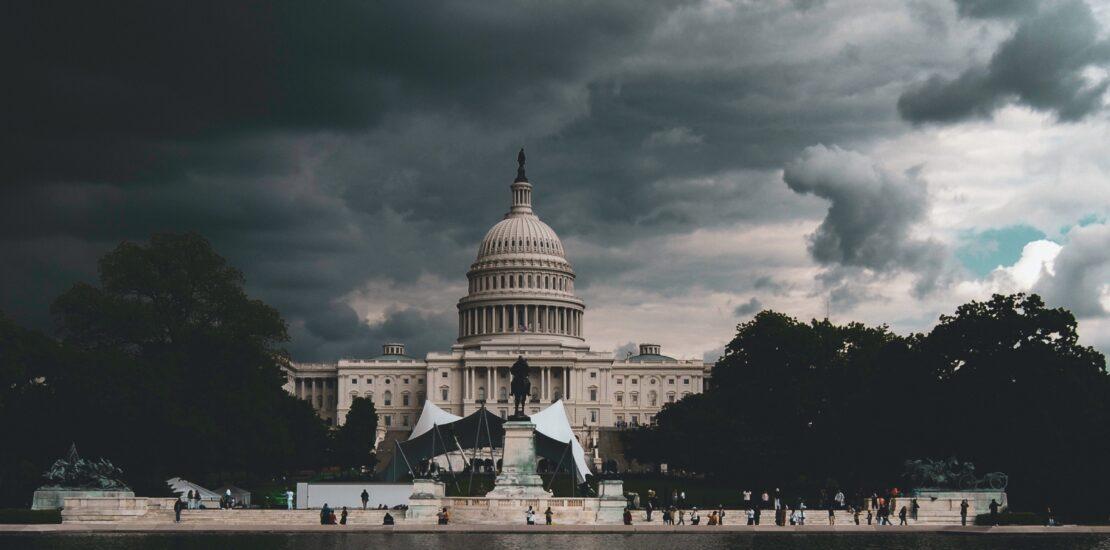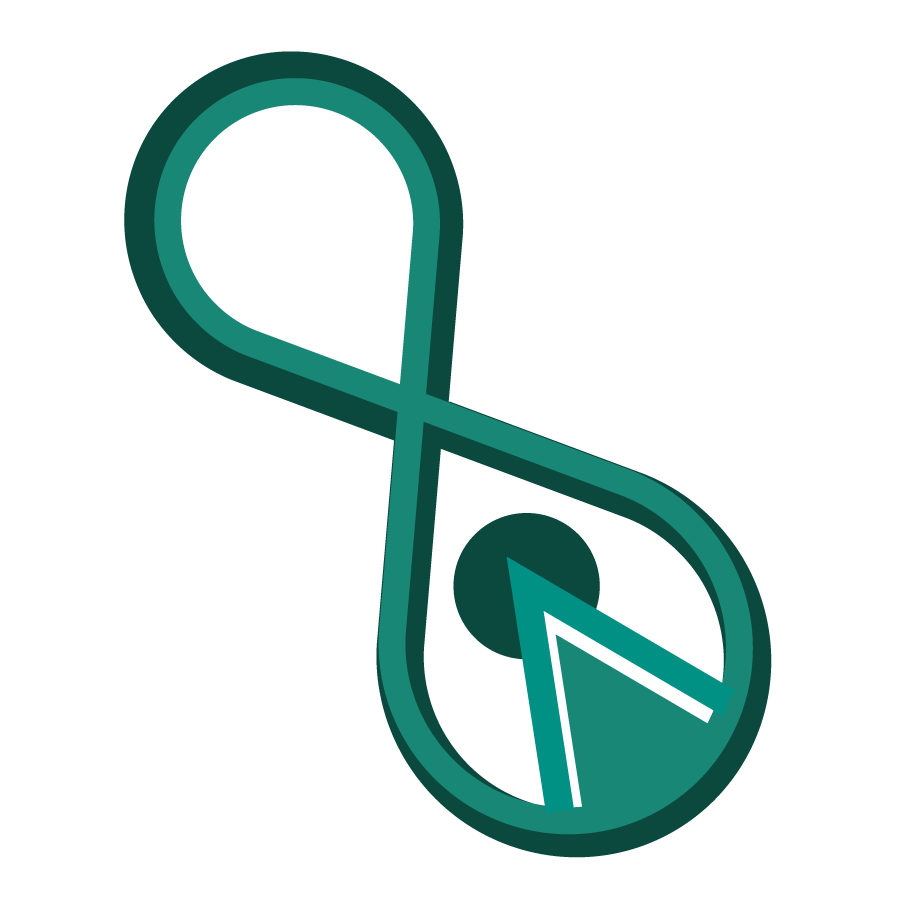- January 15, 2021
- Posted by: kpacha
- Categories: Cultural Humility, Provider, Virtual Training, Workplace

My full-time job is educating people about diverse populations. I always define and discuss the concept of intersectionality, the idea that all of us have multiple intersecting identities that cannot be separated from one another. When discussing LGBTQ communities, for example, it is essential that providers realize that the prevailing narratives they have been exposed to about LGBTQ people are from a white, Western perspective. The terminology recommended as best practice, even the concept of coming out, is culturally-specific. Furthermore, Black, brown, indigenous, and other LGBTQ people of color (BIPOC) experience different systemic and individual disparities due to racial bias and racial violence. More and more, my work has become about training people on recognizing and addressing implicit bias on individual (in practice with clients) and institutional (organizational policy, power, and resourcing) levels, and facilitating conversations with white people about the pervasiveness and violence white supremacy.
As white people, we are taught that our politics can somehow be separated from our work and our relationships. In building my consulting practice, I have often been asked by clients or training participants to “not make [our work together] political.” On one hand, I want to say something like, “I can be discriminated against based on the fact that I’m transgender in housing, employment, health care, adoption/parental rights–almost every area of my life–in 21+ states. You hiring me as an out trans man is political. My gender transition, and being out about my identity–me living my life is political.” On the other hand, I recognize that the folks who want to separate their politics from their work–namely, how they understand and interact with their clients–are the very people I want to educate, to reduce the systemic harm I have seen providers perpetuate out of ignorance or fear. Often people who espouse the belief that you can separate your politics from how you treat clients and coworkers are simply unaware of how their biases may be harming others.
As the seat of our democracy is being attacked in the name of white supremacy, and has been over the past four years, it is vital that anyone doing anti-bias and inclusion work names what is happening in this country for what it is–white violence. We must acknowledge that the United States is built on white supremacy, the idea that white people are superior to non-white people. Our economy is founded on slave labor. Our laws, policies, and system of representative democracy are strategically constructed to uplift white people and silence, devalue, and even kill non-white people. Where there has been change, it has been hard-fought by advocates and activists who risk everything.
White supremacy, transphobia, homophobia, ableism, classism, misogyny, xenophobia, and religiously-based bigotry kill people. This is why I do the work I do. Our systems are built on white culture, and on a legacy of white supremacist policies determining who is worthy of protection and services, and who is not. Our government and our law enforcement is built on white supremacy. We must change these systems if we are going to survive together, and the inherent political nature of the social justice work I do has to be named and understood.
To this end, I am now offering a 6-hour training on Confronting White Supremacy and Microaggressions. This training defines foundational terms related to whiteness, white supremacy, and racism, & prompts participants to consider how their white identities affect how they embody their professional role(s). Through self-reflection, discussion, and interactive activities, participants will recognize and challenge areas of discomfort and fragility based on internalized ideas about whiteness as “normal” or “superior.” Participants will complete a white culture checklist to identify potentially problematic areas of their workplace culture, and practice having difficult conversations taking responsibility for internalized white supremacy in order to make their areas of practice as inclusive and anti-racist as possible. Participants will leave this training having completed honest self-reflection, with more resiliency in addressing white supremacist policies and cultural norms in their professional and perhaps, personal, lives.
If you or your agency is interested in booking this training or other anti-bias trainings I offer, please fill out my Training Request Form or contact me directly at kelsey@infinitediversityllc.com. It is my honor to support your organization in healing the harm caused by white supremacy and to continue my ever-evolving journey of becoming anti-racist. Click here to see a list of resources I recommend to dismantle internalized and systemic white supremacy.
Photo by Harun Tan from Pexels.
